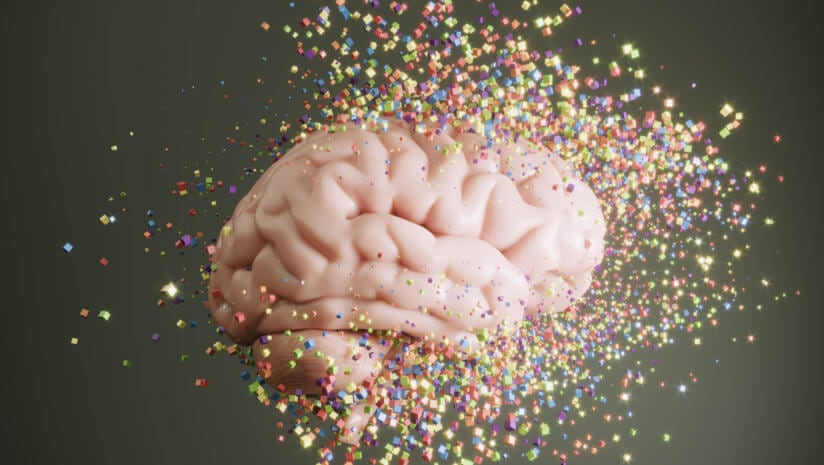What if these protocols could be captured through AI and personally tailored to the individual?
Thoryn Stephens, a molecular biologist by training, set out to answer that question, creating Brain.One—a platform that captures biometric data from wearables and inputs it into an AI model to generate personalized health protocols.
Brain.One offers more than 2,000 protocols for free, recommending everything from cold plunges to dementia prevention steps. When it comes to supplements, the company works with provider Fullscript and health care practitioners to incorporate recommendations in the protocols.
“Whether it’s exercise, nutrition, hydration, all the things…my vision is to give away these core protocols,” Stephens said. “We should be starting to [implement] these now, especially if you’re in your 30s or 40s. This isn’t something you start in your 60s.”
The makings of Brain.One began over two years ago. Stephens, an athlete himself, broke his clavicle while skiing in Colorado and went to what he said was the best orthopedic physician in the country. When he asked what his post rehab protocol would be, the doctor gave him a sling.
To supplement the sling, Stephens focused on taking bone broth and collagen and bolstering his nutrition. On his follow-up visit, the orthopedist was shocked that the bone had completely fused, prompting Stephens to commercialize his protocol-centered approach to health.
“A protocol is just a series of things that you do, which may include supplements,” Stephens said. “They’re micro habits. We believe the future of human health is in this idea of health care protocols.”
Assessment and integration
On the platform, users answer an assessment and Brain.One integrates wearable information.
“We started off with the assessment and then tracking,” he explained. “You can ultimately write down your own health protocol or pick one out of the library. Then, as you’re using the protocol, we have essentially adherence and tracking. Are you doing the thing that you said you wanted to do?”
The company has biometric integration, an API with “every wearable you could imagine” already built in and tested. Future developments include looking at biomarkers to assess genomics, proteomics, epigenomics and so on.
Stephens makes clear that the Brain.One platform is not a medical device and that the company is not giving medical advice, only preventative steps.
AI and the secret sauce
Brain.One uses eight large language models to gather information to recommend protocols and incorporates an intelligence layer that sits on top of ChatGPT and other LLMs that gathers additional inputs—whether from a compilation of sources or from specific journal articles. It describes this added layer as its “secret sauce.”
For example, a 2020 paper published in The Lancet identified 12 modifiable risk factors for dementia. Brain.One was able to scan that paper to produce prevention protocols for dementia. The whole process took 45 seconds.
What sets Brain.One apart is that it may be one of the first companies to integrate its AI technology for white label use. One California-based uses the Brain.One platform to cater to Hollywood stars.
“That’s the future of healthcare and, ultimately, we believe, health,” Stephens said. “We’re also meeting people where they’re at. Some people will never track. They will never use this as a tracker. That’s okay as long as they print [the protocols] out and have it on their fridge, and they’re following these basic principles. To me that’s still a win.”


